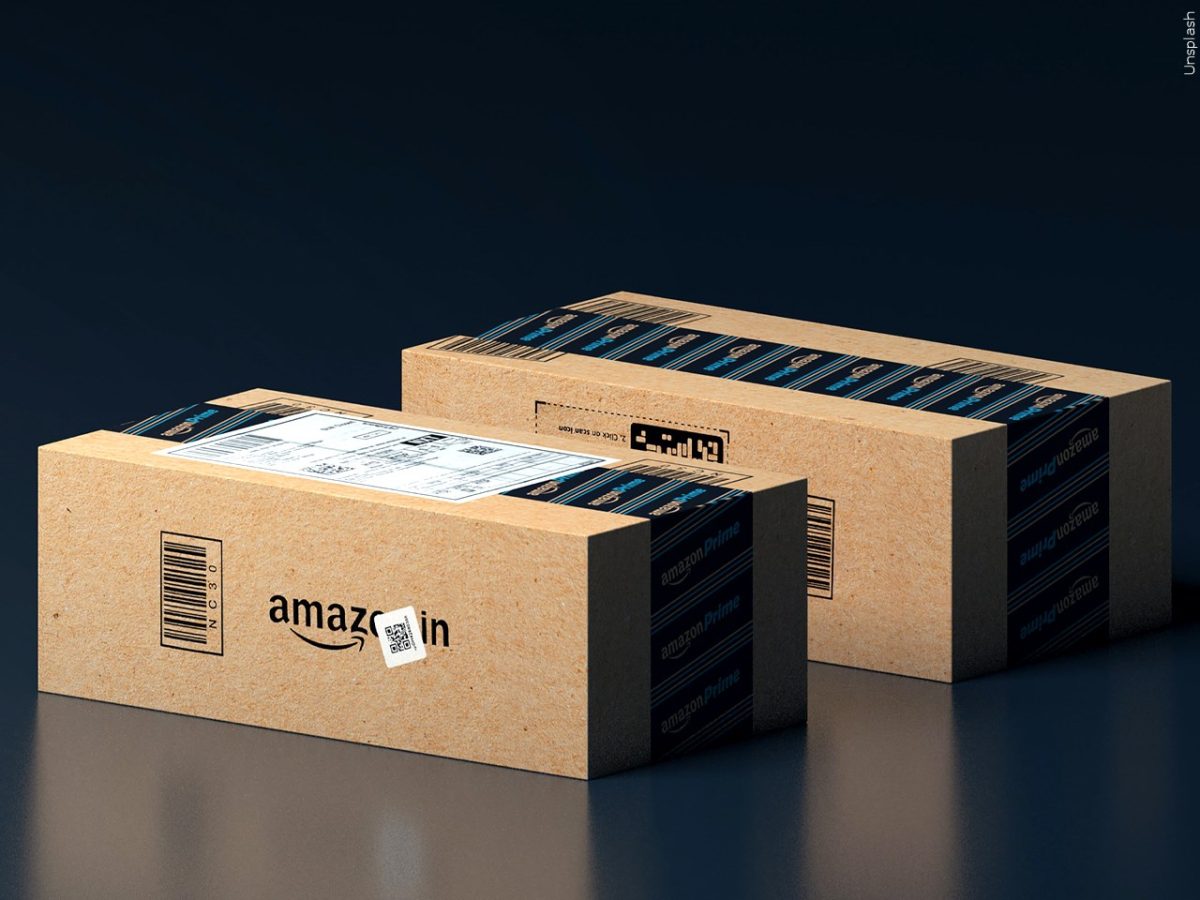On Sept. 26, the Federal Trade Commission, or FTC, filed suit against Amazon in tandem with attorney generals from 17 different states. The FTC’s complaint accuses Amazon of adopting exclusionary policies to prevent competitors from contending with them, which is a violation of the FTC’s antitrust policy.
Amazon’s alleged anticompetitive conduct is reported to occur in two markets: the online shopping market, where consumers buy products, and online marketplace services, where sellers are offered the opportunity to sell products through Amazon’s website.
According to the complaint, Amazon has employed a wide range of tactics to stifle out preexisting competition and prevent new competition from gaining any type of momentum.
These tactics include anti-discounting measures, which punish sellers and ensure other online retailers cannot offer lower prices than Amazon. If Amazon finds a seller that offers lower prices than they do, they intentionally put them extremely far down in the search results on their website. This ensures that Amazon cannot be undercut by viable sellers who offer lower prices, keeping prices higher for products across the internet.
Amazon is also accused of obfuscating relevant search results with sponsored advertisements and junk ads and ensuring that searches prefer Amazon products over the same products from other companies that are often of better quality. This has created a much lower quality user experience on Amazon’s website, which has led to outrage among some customers.
“I was trying to order some golf clubs on Amazon last week,” said Glenn Fleming, junior exercise major. “I searched for a Ping G-Max driver and had to scroll down to the second page to actually find what I was looking for because there were so many sponsored ads from other golf club vendors. It was very frustrating.”
Amazon has also been accused of attempting to discourage competition by nailing sellers that are reliant on the Amazon market to sell their products with expensive and predatory fees. Amazon requires sellers to pay hidden fees, forcing dependent sellers to pay monthly fees, advertising fees and a per-item-sold fee.
“If you sell through Amazon, you have to play by their rules,” said GC marketing professor Joanna Schwartz. “Not only do they make money off the product that you buy, they are paying less for it. They have carefully put themselves in a position where they also make money off of advertising and leave competitors with no leg to stand on.”
By protecting themselves from competition in the seller’s market, buyer’s market and advertising, Amazon has been able to attain a stranglehold on the online e-commerce market. The company has grown ever more profitable because of this, with a gross revenue of $514 billion in 2022, up from $470 billion in 2021, according to Statista.
Junior business major Dean Hufford is appalled by Amazon’s conduct but finds it unsurprising, as he feels this monopoly has existed for quite some time.
“I am shocked that the FTC took this long to bring a case against Amazon,” Hufford said. “Jeff Bezos and his corrupt band of hooligans have been disgracing the free economic principles that this country was built on for the better part of a decade.”
The case against Amazon is still ongoing, and the result of it and the repercussions they will face remain to be seen. A definitive start date for the FTC trial is yet to be set, but a trial date for antitrust violations has been brought against Amazon in California state court, and is set to appear on the docket in 2026.


